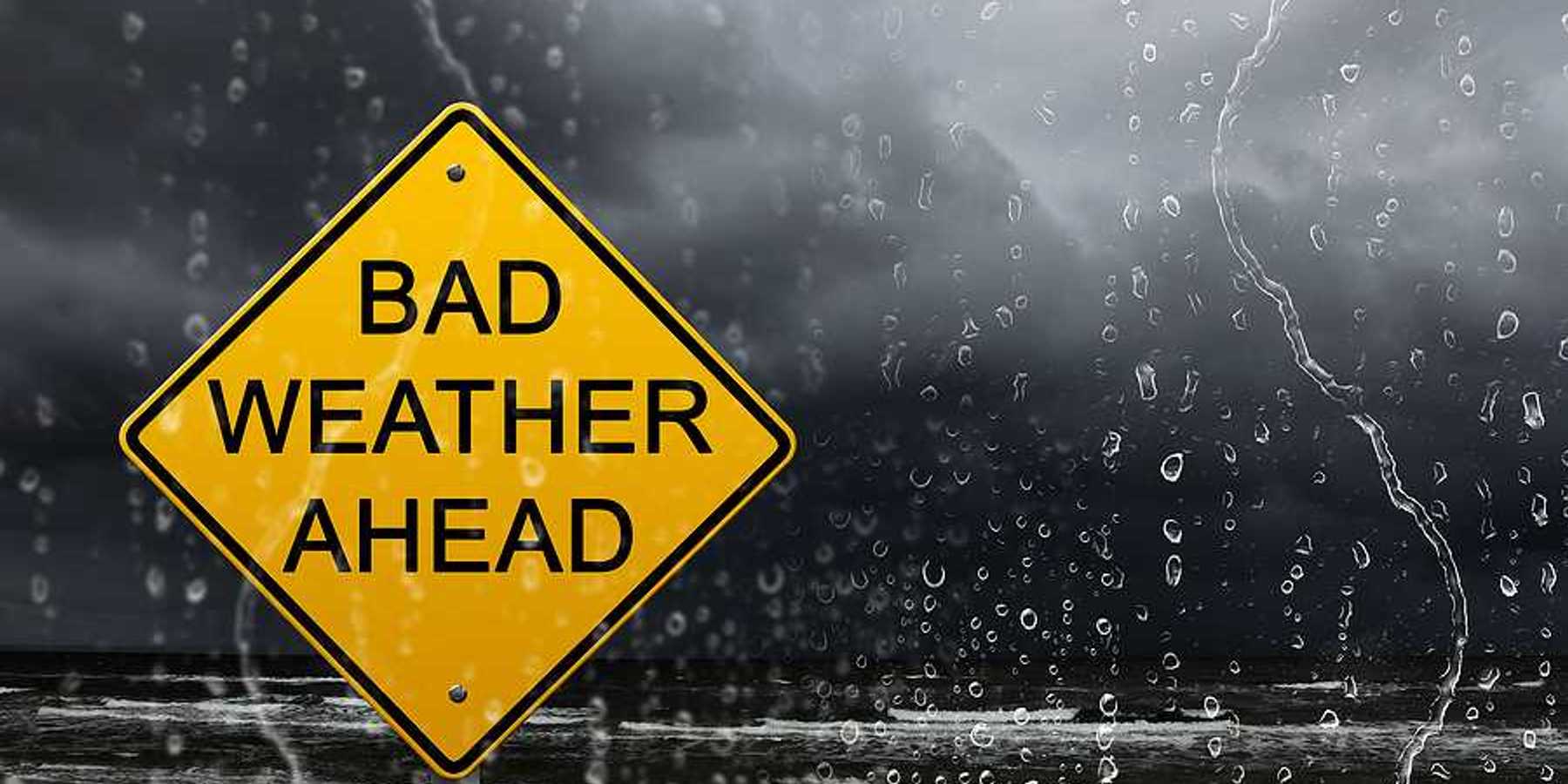malaria
CDC develops new test to identify climate-driven malaria-carrying mosquitoes
In a major stride against malaria, CDC researchers have created a rapid test to identify the Anopheles stephensi mosquito, a malaria carrier thriving due to climate change.
In short:
- Anopheles stephensi, native to Asia, has established itself in Africa due to global warming, threatening 130 million people.
- The CDC’s new test allows rapid identification of this mosquito, enabling quicker responses to potential malaria outbreaks.
- Climate change facilitates the spread and persistence of this mosquito in new regions, increasing malaria risks.
Key quote:
"If we start seeing that mosquito in the United States, transmitting or getting a foothold here, then there’s more concern that we’re going to see more widespread malaria in, potentially, urban areas.”
— Judith O’Donnell, infectious disease specialist at the University of Pennsylvania
Why this matters:
This breakthrough couldn't come at a better time, as the threat of malaria establishing itself in the U.S. looms larger. By nipping these mosquito migrations in the bud, we might just keep malaria at bay and protect vulnerable communities from a resurgence of this ancient scourge. Read more: The Holocene climate experience.
Climate change escalates malaria risk for pregnant women in highlands
Rising temperatures are pushing malaria-carrying mosquitoes to higher altitudes, posing a lethal threat to pregnant women in previously unaffected regions.
In short:
- Papua New Guinea's highlands are seeing an increase in malaria cases as mosquitoes move to higher elevations due to climate change.
- Pregnant women in these regions are particularly vulnerable, with severe malaria increasing the risk of maternal and fetal complications.
- The upward shift of malaria mosquitoes threatens to reverse global progress in malaria control.
Key quote:
"When malaria hits new populations that are naive, you tend to get these explosive epidemics that are severe because people don’t have any existing immunity."
— Sadie Ryan, associate professor of medical geography at the University of Florida.
Why this matters:
Climate change is expanding the range of malaria, endangering pregnant women in highland areas who lack immunity. This trend emphasizes a need for enhanced malaria control measures and healthcare access in vulnerable regions. Read more: Coronavirus, climate change, and the environment.
Climate change drives new cases of malaria, complicating efforts to fight the disease
Rising temps spark concerns over malaria's spread in Türkiye
Rising temperatures, fluctuations in precipitation patterns and extreme weather events are all affecting the life cycles and habitats of mosquitoes that carry malaria.
Rising temperatures, extreme weather threaten to propel malaria spread
The mosquitoes are winning
For decades, the world seemed to be winning the war against mosquitoes and tamping down the deadly diseases they carried. But in the past few years, progress has not only stalled, it has reversed.
Malaria cases in Florida and Texas raise prospect of greater transmission in a warmer future
Seven people in the U.S. have contracted the disease from local mosquitoes—the nation’s first such cases in 20 years. As climate change plays out, researchers say, warmer and wetter weather could mean more mosquito-borne illnesses.









